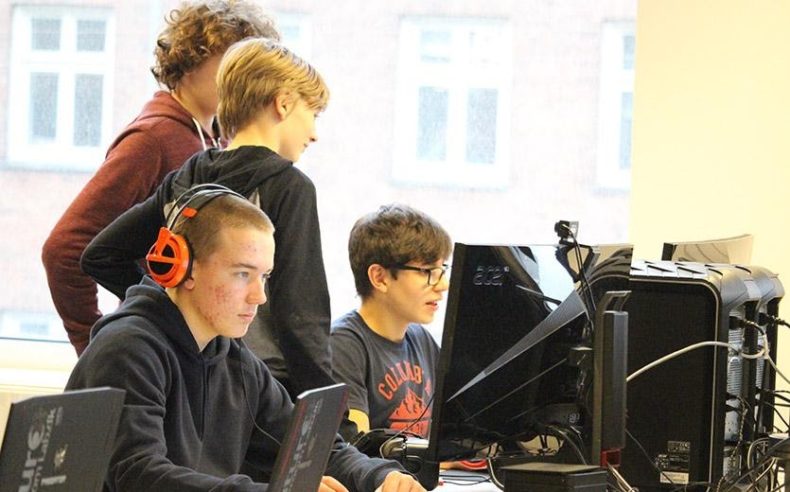The children of today have grown up with technology being a significant part of their development. They are a tech-savvy generation whereby more than 50 % of what they learn comes from technology, such as video games. A video game can be defined simply as a game played on an electronic device by manipulating images generated on a display panel by a computer/ dedicated gaming console. Today, most children have access to a wide variety of video games, which they often spend a lot of time playing.
Most of the time, parents have to force children to put down the game controller and undertake other productive activities, such as going outside to play with others or read a book. Over the years, video games have received a negative reputation. They provide distractions to the normal learning process for students, which is a waste of valuable time. However, in recent years, the use of video games in learning might just be the redeeming quality they need to reduce their negative reputation.
This is primarily because of the benefits it offers, such as better knowledge retention, a greater appreciation for education, motivation to learn new concepts, and an opportunity to focus on a certain area of study. The benefits of video games in the learning environment are backed by various studies that show how much students recall concerning different modes of learning. It was reported that students recall:
- About 10% of what they read from books, journals, reports, etc.
- Approximately 20% of what they hear from their teachers as well as from other educational sources
- A third of visually aided presentations
- Half of what they observe when accompanied by a comprehensive explanation
- Almost all the knowledge when they are involved in the learning process, i.e., playing educational games, simulations, etc.
Understandably, listening to your teacher and reading are essential aspects of learning. However, these statistics depict that the traditional modes of teaching are not as effective as they were a couple of years ago. Educational video games offer instant results on your progress, motivation to learn, increased confidence by achieving objectives, among many other benefits.
You will realize that with more incorporation of games in the learning process, such as educational video games, students will be motivated and eager to learn. Thus, students will retain considerably more information and develop their skills faster. However, students who only read and rely on instruction from their teachers are likely to face challenges and opt to ask experts online, “Who can I hire to do my homework?”
Reasons to Incorporate Videogames in The Education System
As a student, you are likely already familiar with various video games or even have the chance to own one at home. Learning institutions can take advantage of game consoles, smartphones, computers, and many other electronic devices to introduce educational video games to complement traditional teaching methods. Below are a few reasons why video games would be a great addition to the education sector. They include:
- Appreciation for diversity
In a traditional learning environment, students are limited in how much they can interact with one another. However, with gaming, players in various cities, states, and even nations are connected. As a result, there more acceptance and tolerance of diverse cultures among players.
- Helps students develop strategic thinking and problem-solving skills
Often video games require players to make fast and smart decisions. This requires students to develop logical problem-solving skills to progress to the next level. Though it might seem like a waste of time, both strategic thinking and problem solving are skills gained from playing video games, are indispensable in real-world applications.
- Improved focus on learning
Today there are a host of educational games for almost every subject. These video games provide a unique opportunity to learn on their own and at a good pace. Besides, educational video games provide teachers with sufficient information to track the students’ progress and performance.
- Improved hand-eye coordination
Using a keyboard, mouse, trackpad, game controller, etch to play a game helps improve your hand-eye coordination. This is a skill that you can apply to other areas of learning with ease.
Those are just some of the reasons why educational video games should be incorporated into the learning process. Gone are the days of video games simply being used as entertainment tools. In the recent future education, video games should become a common feature in any classroom environment.





